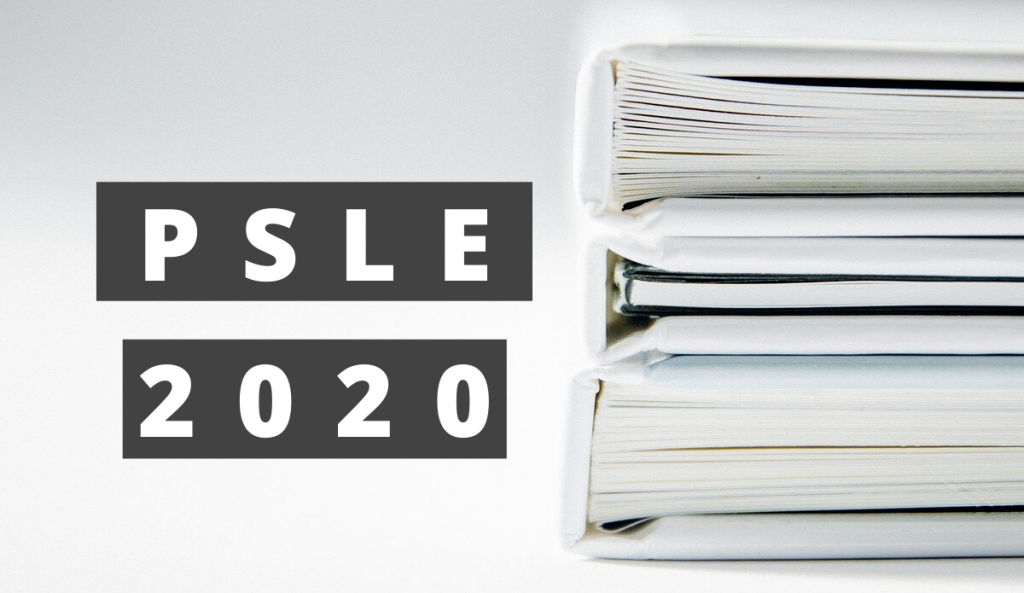According to the Ministry of Education,
The new PSLE scoring changes aim to move away from an over-emphasis on academic results.
They aim to achieve this by:
Secondary 1 Posting Changes
The first criterion to be admitted into a school is one’s PSLE Score. More students will have the same PSLE score, a student’s choice order of schools matter more in secondary school posting. These are the tiebreakers for one’s admission:
- Reducing fine differentiation at a young age
- Recognising children’s level of achievement, regardless of how their peers have done
| T-Score (present) | AL Score (from 2021 onwards) |
| Scoring Bands from A* to Ungraded. | Broader Scoring Bands: AL1 to AL8, with AL1 being the highest band, and AL8 being the lowest band. For every subject, students will be assigned an Achievement Level which spans a range of marks. Students who fall into the same range of marks will fall into the same Achievement Level. |
| A student’s total PSLE score is out of 300. When a student sits for a PSLE paper, their raw score in each subject is computed into a subject T-score using a formula. The 4 subject T-scores are added to form the T-score Aggregate, which shows how well they did compared to everyone else who sat for the PSLE in the same year. | A student’s total PSLE score will be the sum of his subject Achievement Levels. A student who scores as follows: English: AL2 Mathematics: AL3 Mother Tongue: AL1 Science: AL2 Total Score: 8 |
| The old system is a reflection of how well students have done relative to their peers. | The score will be reflected based on how well the student does for his/her subjects and not relative to the student cohort. In this vein, the bell curve system is de-valued. |
- Citizenship
- Choice Order
- Computerised Balloting
- Talk to your child about their strengths, interests, and learning styles
- What programmes do the schools offer? Do they align with the interests of your child? How is the school culture? How is transportation like? Do they offer subjects in upper secondary that would potentially interest your child?
- Shortlisting the schools suited for your child

